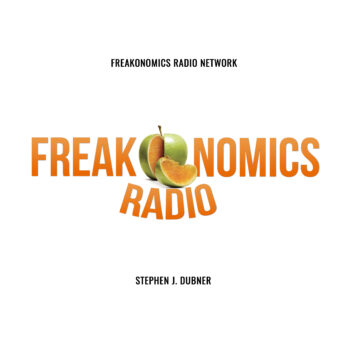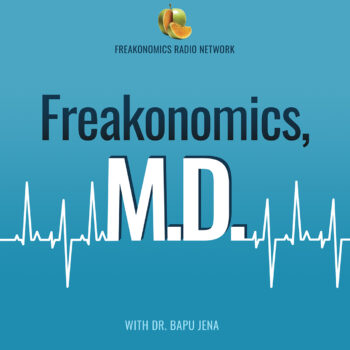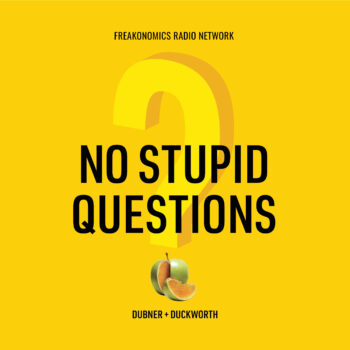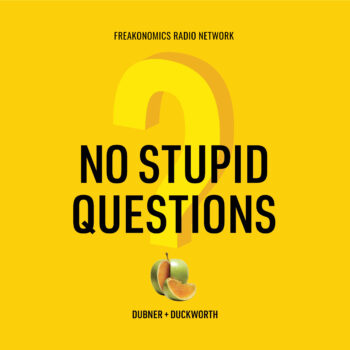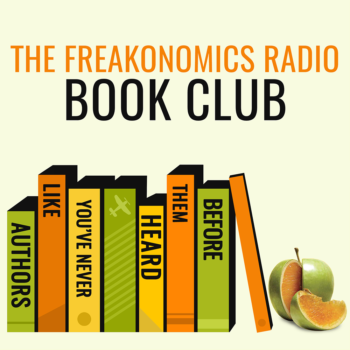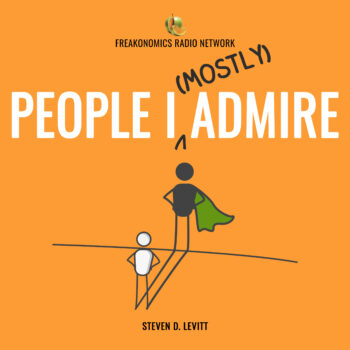Why Economics Falls Down in the Face of Fatherhood
…episode of the hour-long Freakonomics Radio show, “The Economist’s Guide to Parenting.”) There’s something new and strange about all this. Today, I feel the powerful force of biology. It’s visceral;…

